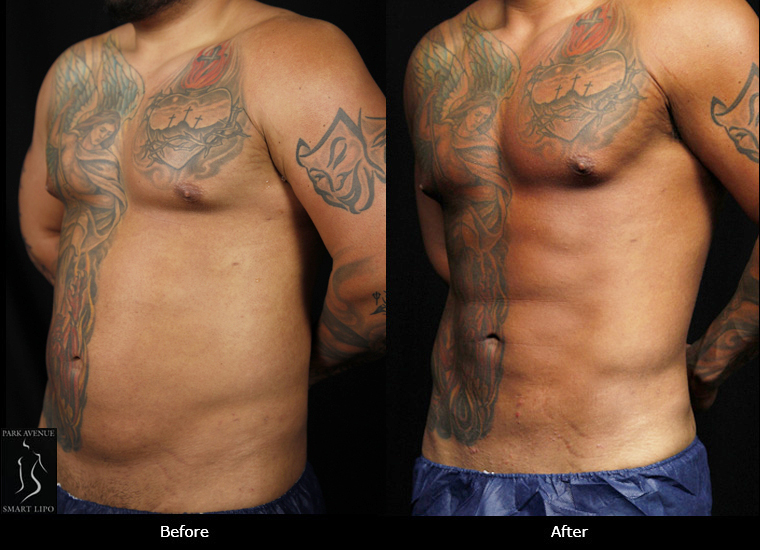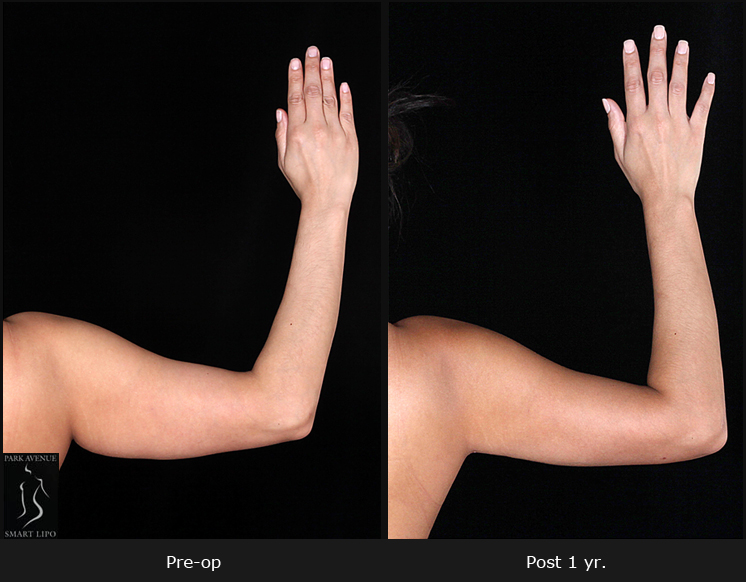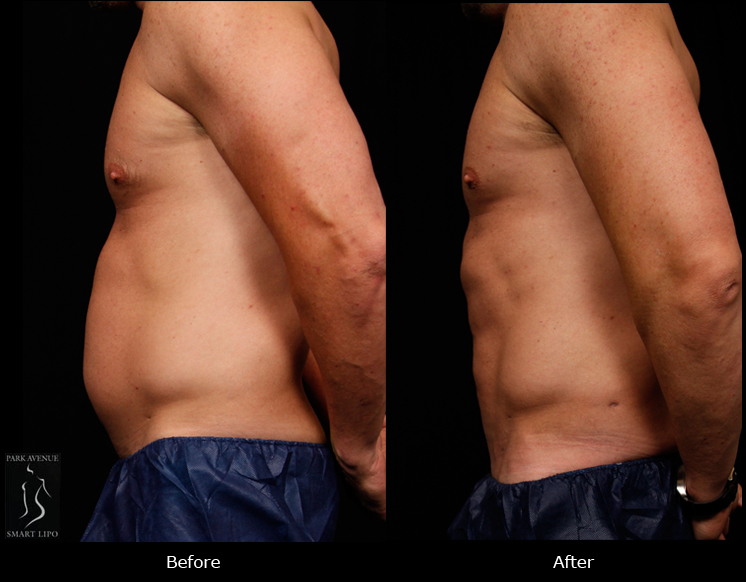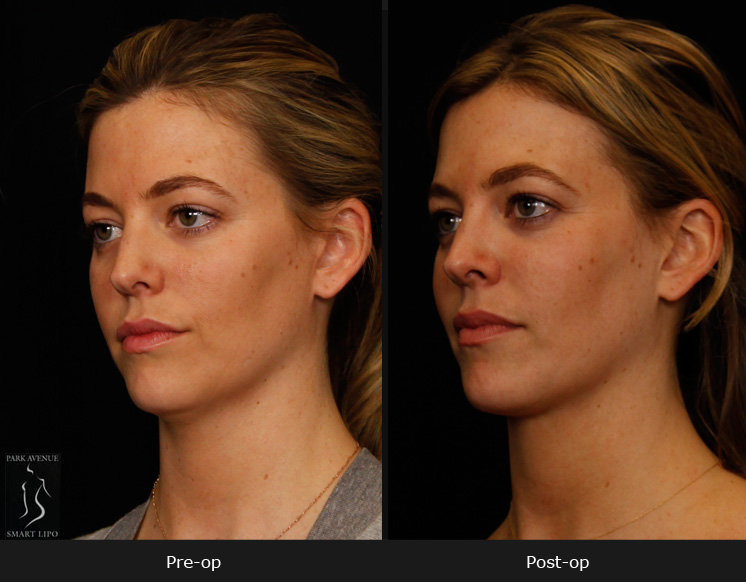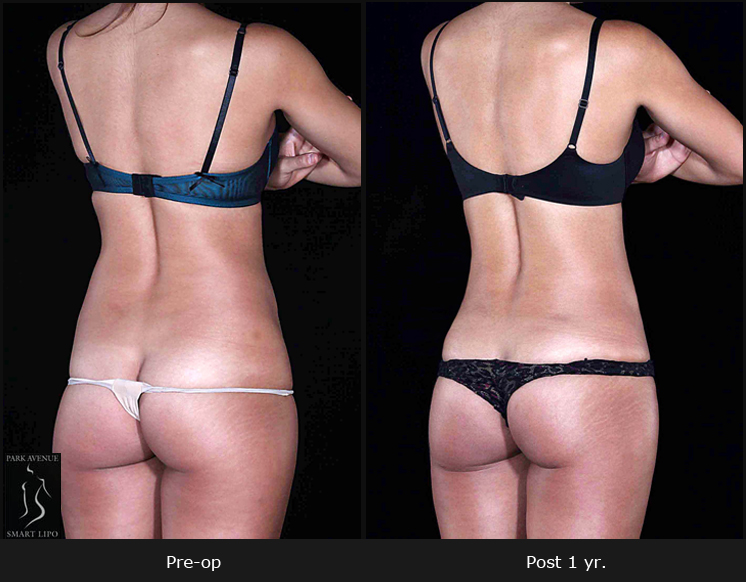Postoperative nausea and vomiting (PONV) is a common side effect of anesthesia and medications used during surgery. Research shows that plastic surgery has one of the highest rates of nausea, and liposuction (or lipo) is no exception. However, minimally invasive laser liposuction often results in less severe nausea compared to traditional liposuction.
Experienced surgeons understand these symptoms well and provide clear guidance on managing laser liposuction recovery and postoperative issues during consultations. In this guide, we’ll discuss why nausea occurs after liposuction, post-lipo nausea relief tips and treatments, and when to seek medical advice.
Understanding Nausea After Liposuction
Post-surgery nausea can be triggered by multiple factors, including anesthesia, medications, and the body’s response to surgical trauma. How long does nausea last after laser liposuction? Well, while some patients experience severe PONV, it generally resolves within a few hours to a few days. If nausea persists, it can delay recovery, lead to dehydration, and even lower patient satisfaction. In some cases, excessive vomiting can cause complications such as bruising, wound reopening, and breathing issues.
Symptoms of Nausea After Liposuction
The symptoms of post-surgery nausea include a queasy stomach or the sensation of needing to vomit, loss of appetite, fatigue and dizziness, and lightheadedness, especially when standing up. Some people experience severe PONV after liposuction, but it usually resolves within a few hours to a few days. However, if the problem persists, it can cause immense discomfort and also delay recovery and lead to unexpected hospital stays.
Managing discomfort after lipo is easier when you understand the symptoms and reasons for it.
Common Causes of Post-Lipo Nausea
- Anesthesia: General or local anesthesia side effects after lipo can disrupt the body’s normal processes, often resulting in nausea as the medications wear off.
- Pain medications: Narcotic pain relievers can trigger nausea, especially if taken on an empty stomach or in high doses
- Fluid imbalances: The procedure removes fat and fluids from the body, which may trigger nausea.
- Stress on the body: Liposuction puts strain on the digestive system, which can result in nausea as the body heals.
- Diet: Eating too soon after surgery or consuming the wrong types of food can contribute to nausea.
- Technique: Traditional liposuction (requiring general anesthesia) is more likely to cause nausea than minimally invasive options like laser lipo.
The good news? While nausea after liposuction recovery can be uncomfortable, it is temporary and manageable with the right steps.
Managing Post-Lipo Nausea: Tips for a Smoother Recovery
Follow Your Surgeon’s Instructions
Your plastic surgeon will provide post-operative care guidelines, including how to manage nausea after laser liposuction and which medications to take.
Stay Hydrated
Proper hydration after laser lipo is essential to restore balance and prevent dehydration, but sip slowly to avoid worsening nausea. Avoid carbonated or acidic beverages as they can irritate the stomach. Try natural nausea remedies like ginger tea or peppermint tea, known for their antiemetic properties.
Eat Light and Bland Foods
It’s important to know what to eat after laser liposuction to avoid nausea. Start with clear broths, crackers, toast, or bananas to ease digestion. Avoid spicy, greasy, or heavy foods, which can trigger nausea. Gradually return to a normal diet as tolerated.
Take the Right Medications
Your surgeon may prescribe medications to help with nausea after lipo surgery. Over-the-counter anti-nausea medications may help ease discomfort. Taking probiotics can support digestion and strengthen the stomach lining.
Prioritize Rest and Comfort
Rest in an elevated position to prevent nausea from worsening. Avoid sudden movements or excessive physical activity. Taking short, gentle walks can help circulation and reduce nausea.
When to Seek Medical Advice
Although mild nausea is normal after liposuction, you should contact your surgeon if you experience:
- Persistent or severe nausea that doesn’t improve with prescribed treatments.
- Vomiting that prevents you from keeping fluids or medications down.
- Signs of dehydration, such as dark urine, dizziness, or dry mouth.
- Severe abdominal pain or cramping.
A patient on RealSelf shared their experience: “I had liposuction 8 weeks ago, and for the past six weeks, I’ve been nauseous every day, no matter what I eat. There’s no vomiting, just constant nausea. Could this be related?”
Experts emphasize the importance of consulting a surgeon if nausea persists for weeks. If no prescription medications are involved, a primary care doctor may need to explore other possible causes.
Minimizing Nausea Risk: Choosing the Right Liposuction Technique
If you are considering lipo, opting for a minimally invasive procedure like Smartlipo laser liposuction may help lower the risk of nausea. Laser lipolysis liquefies fat before removal, reducing tissue trauma and improving recovery.
- Less physical stress on the body means lower risk of PONV
- Quicker recovery & fewer complications
- Less reliance on general anesthesia
To find a qualified surgeon, use targeted searches like “laser liposuction near me” or “Smartlipo specialist near me”.
Managing nausea after laser lipo is essential for a smooth recovery. By following your surgeon’s advice, staying hydrated, eating the right foods, and taking proper post-op care, you can reduce discomfort and speed up the healing process.
Considering laser liposuction?
Talk to an expert about side effects and nausea management.


